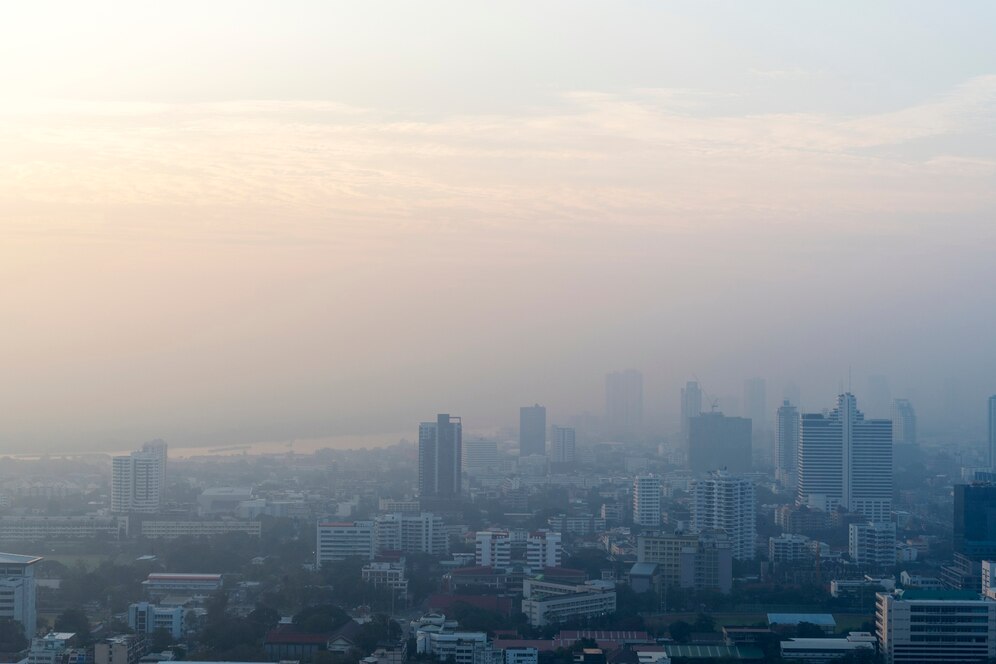Air Pollution Impacts Insulin Sensitivity
Air pollution has become one of the most pressing global issues, negatively affecting not only the environment but also human health. A recent study highlights the link between air pollutants and a decline in insulin sensitivity – a critical factor in preventing type 2 diabetes.
Air pollution contains numerous harmful components, prominently including fine particulate matter (PM2.5), nitrogen oxides (NO2), and carbon monoxide (CO). PM2.5 particles are small enough to penetrate deep into the respiratory system and bloodstream, triggering chronic inflammation. NO2, primarily generated by traffic and industrial activities, has also been proven to harm lung and circulatory system functions.
According to the study, when these pollutants enter the body, they increase inflammation and oxidative stress – an imbalance between free radicals and antioxidants. Oxidative stress damages cells and reduces the body’s ability to absorb insulin, leading to glucose metabolism disorders.
Insulin sensitivity refers to the body’s ability to respond to the hormone insulin, which regulates blood sugar levels. A reduction in insulin sensitivity means the body requires more insulin to process glucose, putting stress on the pancreas and increasing the risk of type 2 diabetes.

Air pollution can affect insulin sensitivity. (Photo: freepik.com)
Dr. Parjeet Kaur, Associate Director of Endocrinology and Diabetes at Medanta Health Center in Gurugram, India, stated:
“Reduced insulin sensitivity or insulin resistance can lead to metabolic disorders such as type 2 diabetes. The World Health Organization also reports that over 347 million people globally are affected by diabetes, with more than 80% of related deaths occurring in low- and middle-income countries.”
Dr. Kaur further explained that insulin resistance is not only influenced by genetic and lifestyle factors but is also closely tied to environmental factors. Long-term exposure to air pollution, especially fine PM2.5 particles and toxic gases like NO2 and CO, significantly increases the risk of developing this condition.
Beyond its effect on insulin sensitivity, air pollution also raises the risk of other conditions such as hypertension, cardiovascular diseases, and respiratory issues. PM2.5 particles not only cause systemic inflammation but also impair endothelial function, increasing the risk of hypertension and stroke.
Additionally, air pollution weakens the immune system, making individuals more susceptible to infections. Vulnerable groups, such as children, the elderly, and individuals with chronic conditions, are particularly at risk.
Given the escalating severity of air pollution, immediate action is essential to mitigate its effects. Practical measures include:
- Plant trees indoors and in the surrounding living environment: this helps absorb CO2, filter fine dust, and improve air quality. Some plants such as snake plant, spider plant, and pothos are particularly effective in purifying the air.
- Limit the use of personal vehicles, prioritize public transportation or car-sharing to reduce emissions.
- Limit outdoor activities on days with high pollution, especially strenuous physical activities.
- Avoid burning garbage, leaves, or wood in residential areas, as smoke emissions can increase air pollution.
- Build a healthy lifestyle: eat a healthy diet, exercise regularly to strengthen the body’s resistance.
Source: The New Indian Express







